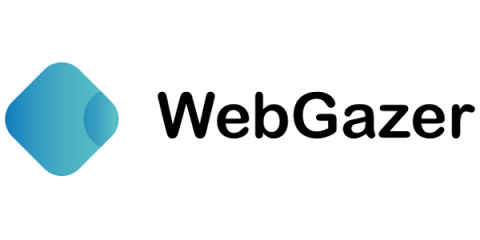Operations | Monitoring | ITSM | DevOps | Cloud
WebGazer
How to calculate uptime accurately: Essential guide & expert tips
Effective strategies for managing cron jobs: Best practices and tools
Optimizing your website's health: A comprehensive guide to monitoring alerts
Understanding and resolving frequent website downtime issues
Website uptime is crucial for businesses to maintain a strong online presence and ensure a positive user experience. However, frequent website downtime can harm your brand reputation, customer loyalty, and your bottom line. This blog post will explore the common causes of website downtime and provide practical solutions to diagnose and resolve these issues effectively.
The role of cron job monitoring in preventing business disruptions
In today's digital landscape, businesses rely heavily on various online operations to deliver services, communicate with customers, and maintain a competitive edge. Behind the scenes, cron jobs play a pivotal role in automating critical processes such as data backups, report generation, and system maintenance. However, ensuring the reliability of these cron jobs is often overlooked until a disruption occurs.
How fast should a website load?
Without a doubt, website owners in 2020 have had to reassess the speed of their websites and probably more critically than any other year. Yes, the stay at home directive in force around the world due to COVID-19 concerns made a lot of people gravitate more towards the use of the internet. During the lockdown, people from all over the world tended to spend a tremendous amount of time visiting various websites for both business and entertainment.
The impact of the page load speed on SEO
Have you ever visited a website and be extremely frustrated by the amount of time it takes to load the landing page, let alone the other pages on the site like the "About us" and "Contact" page? Well, if your answer to this question is yes, then know now that you are not alone in experiencing slow loading sites.
Crisis management during a downtime - How to communicate with customers
A website downtime for any online business can be a time of great concern, anxiety, stress, and panic. So many questions will go through the mind of the website owner, such as; A website downtime is indeed a nervy period for any online business, but most especially for small and medium scale businesses still trying to find their feet in a highly competitive and unforgiving business environment.
Common causes of a website's downtime. Why does a website go down?
May 31, 2020, WebGazer Team We are living in a highly competitive world. One where many businesses leverage on the internet to get ahead of their competitors. Having a beautifully constructed website with rich SEO content is one way to drive traffic to your site and business. But just having a website is not enough. As a matter of fact, a website could do more harm to your business than good.








